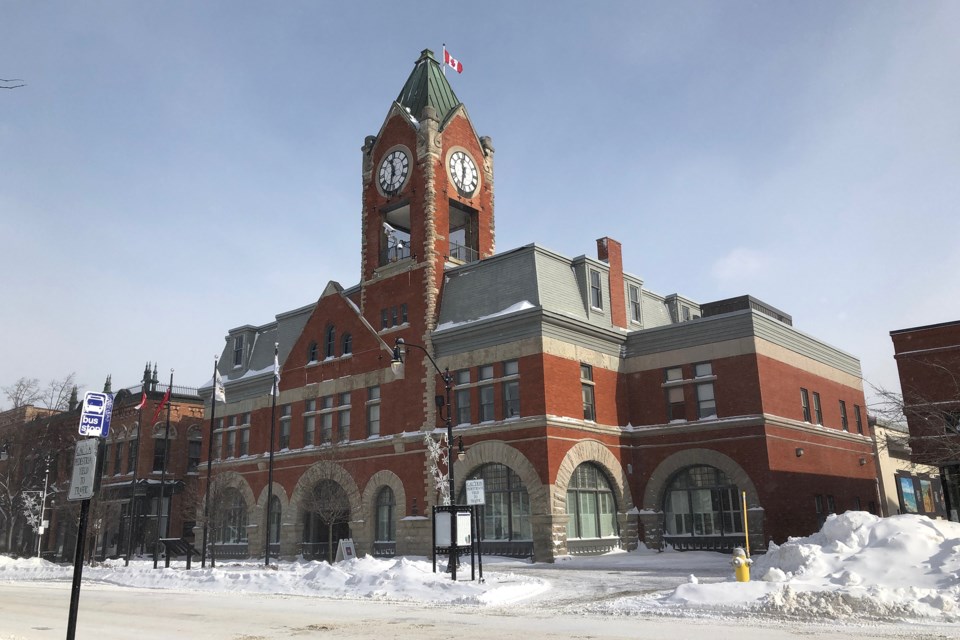A surplus in tax revenue came in at more than triple than expected, and that’s sparked yet another question at the council table on how to spend funds.
In addition to the money from the sale of Collus, the town recently received nearly $600,000 from the Ontario Ministry of Municipal Affairs and Housing. And, based on the preliminary figures from the unaudited 2018 financial reports, there’s another $1.2 million in taxes that came in from new households in the area.
Marjory Leonard, treasurer for the Town of Collingwood, regularly plans for $500,000 in supplemental tax bills per year, which is to account for new homes assessed throughout the year that would a partial year’s taxes.
Last year, Leonard estimates approximately $1.2 million in supplemental tax revenue. She said much of that is related to the Wildewood condominiums. Assessment didn’t occur at those condominiums until January 2018, which added several full-year taxpayers to the budget after it was prepared.
Councillor Kathy Jeffery suggested during a March 18 Strategic Initiatives Committee meeting putting the supplemental tax revenue surplus into the capital levy fund, which is a levy of .75 per cent for each taxpayer to collect money for a reserve fund dedicated to paying for growth-related projects.
Staff recommended increasing that levy to 2 per cent this year to increase the annual contribution to the growth reserve. However, the Strategic Initiatives Committee is recommending the budget proceed with a .75 per cent capital levy. Council will have a chance to vote on passing the budget on March 25, at which time they will also confirm the capital levy.
“It feels like too much [of a surplus],” said Jeffery. “How can we get more accurate?”
The councillor said it felt like double-dipping to charge the recommended 2 per cent capital levy, and also have a surplus going into that and other reserve funds.
“I didn’t want to have another year with another $1.2 million surplus, and still have everyone paying a 2 per cent capital levy,” said Jeffery.
She said she wouldn’t support the budget with an increased capital levy.
The treasurer told council they could make a decision to transfer money from a reserve to offset a capital levy, but as far as decisions on what to do with surplus funds, that would have to wait for the audited financial statements when the surplus numbers would be final.
The final numbers for 2018 will be audited by June this year, at which time Leonard, the CAO and senior staff would be allocating any surplus to reserve funds based on the town’s existing surplus management policy.
Councillor Bob Madigan asked Leonard and town staff to bring a report to council when the audited statements are ready on the town’s current surplus policy and what options are available to use supplemental tax revenue for growth-related projects.
Currently, the town’s surplus management policy states surplus money is to be put into the Capital Contingency Reserve, General Reserve, Operating Contingency Reserve and the Working Capital Reserve Fund. There are also instructions in the policy to put a portion of the surplus toward reducing outstanding balances on internal loans, transferring up to 10 per cent to a Non-DC (development charge) Growth Reserve Fund, and up to 60 per cent to the Lifecycle Replacement Reserve Fund.
Leonard said the staff report would come forward in June.


